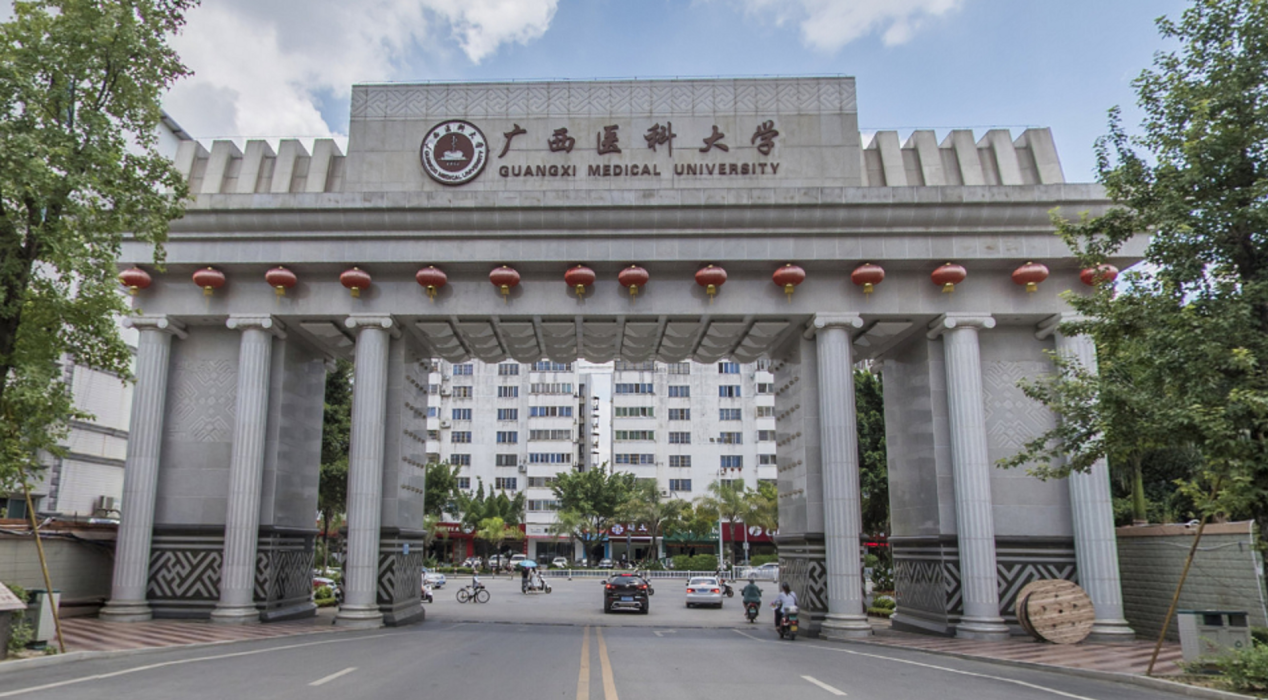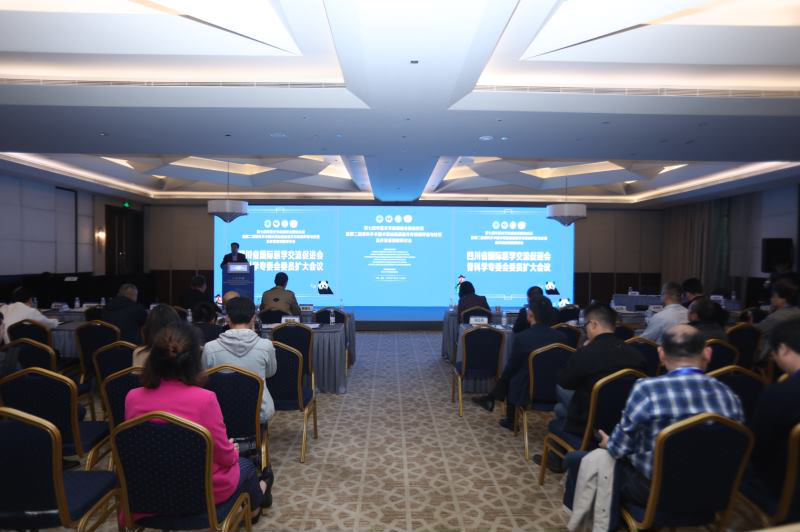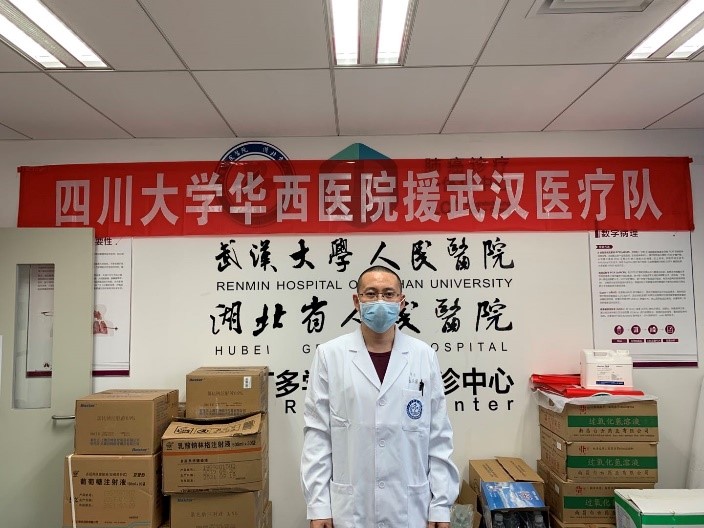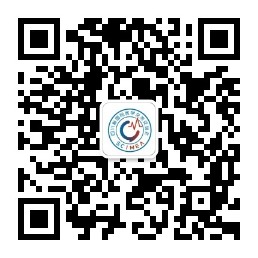Source: BOPUZHIKU
© SCIMEA and Bopu Zhiku

On November 10, 2019, the 2019 China-Japan Advanced Medical and New Drug R&D Summit and Achievements Transformation Conference was held in Chengdu. This grand event of academic exchanges and transformation of achievements saw attendance of medical experts from both countries, among whom Zhao Yongxiang, professor at Guangxi Medical University, gave an interview to Bopu Zhiku.
Prof. Zhao graduated from Xiangya School of Medicine, Central South University with a doctorate degree in clinical medicine in June 1999, and completed his postdoctoral program at Harvard University/ University of Pittsburgh in September 2003.
Having served as a surgeon for decades, Prof. Zhao is equipped with sophisticated know-how on clinical medicine. He has successively taken on a wide array of roles, including the Vice Chairman of the National Alliance of Science & Technology Leadership (NASTL), Director of the Biomedical Committee of NASTL, and Executive Vice Chairman of China Holistic Integrative Medicine Alliance (CHIBMA). Honored as one of the leading scientists, engineers and innovators of the National High-level Personnel Special Support Program (“Ten Thousand Talents Program”), he also served as the Director of the National Center for International Research of Biological Targeting Diagnosis and Therapy, Chairman of the Nobel Laureate Forum at the 4th World Gene Convention (WGC-2013), Deputy Director of the Asia Pacific Consortium of Gene and Cell Therapy (APCGCT), Chairman of Genome Editing of China Medicinal Biotechnology Association, one of the leaders heading key innovation teams under China’s “Innovative Talent Promotion Program”, and one of the leaders heading innovation teams under Changjiang Scholars Program launched by the Ministry of Education.
Having long been engaged in research on tumor targeted diagnosis and treatment through biotechnology, he supervised and undertaken 16 national-level projects, and 16 ministerial- and provincial-level projects, including a major national science and technology project for key new drug innovation and development, a key project of the National Natural Science Foundation of China, and an innovation project under Changjiang Scholars Program.
Some of his phased innovation achievements were published through over 100 SCI papers on internationally influential academic publications such as Nature Biotechnology, Nature Communications, the Journal of Hepatology and Advanced Science, with Prof. Zhao being the first author, co-first author, corresponding author, or co-corresponding author. The impact factor of his paper could reach up to 43.11.
Prof. Zhao has won numerous awards, including one international academic award, one Prize for Natural Sciences of China (First Class) sponsored by the Ministry of Education, one provincial-level award for exemplary innovation team, and one provincial-level prize for science and technological progress (first-class). He also has 71 invention patents to his name, including 12 granted in China, two in America, and three through the Patent Cooperation Treaty (PCT).
Throughout the interview, Prof. Zhao has given out an approachable vibe. When asked about his view of the conference, Prof. Zhao believed that the noteworthy exchange of advanced medical concepts between China and Japan will probably give rise to scientific and technological achievements in the future, which would bring far-reaching impact on Sichuan and even China.
With regards to the education of medical students nowadays, Prof. Zhao believed that such international academic conferences are unquestionably beneficial to undergraduates and postgraduates in medical universities.
Therefore, he hoped that students could try to participate in inspiring academic conferences or watch them online besides studying in colleges. In doing so, they should associate cutting-edge achievements with the basic knowledge learned in school to guide their ways of thinking and self-improvement, and to contribute to the noble cause of China's medical care as soon as possible.
During our interview, we learned that Prof. Zhao has studied abroad and made remarkable scientific achievements over years of research endeavors, so we asked him what has kept him going for all these years.
“As a clinician, saving patients is my bounden duty. It is my aspiration to find better and more efficacious cures for patients and bring new life to them.
Therefore, the needs of patients have been the greatest motivation for all medical workers.
Meanwhile, we as educators, should keep pursing medical innovation, knowledge and truths, and forge ahead vigorously against all odds, in a bid to contribute to society and the people.”
When talking about his ongoing research on heterologous gene vaccines for treating tumors, Prof. Zhao affirmed the promising prospects of such research. His team has proven that heterologous gene-modified vaccine that infuses dendritic cells with tumor cell can amplify anti-cancer effect, which might be a new feasible oncotherapy. [3]
(In 1973, Ralph Steinman and Zanvil Cohn described a rare cell type in murine spleen cells which was phagocytic but had dendrite-like protrusions; they named them dendritic cells. Mr. Steinman was awarded the 2011 Nobel Prize in Physiology or Medicine for his discovery of the dendritic cell and its promising role in oncotherapy. [1][2])
Prof. Zhao also brought his team members to the conference, confident that it would lend impetus to their research.
As an educator and clinical researcher, Prof. Zhao genuinely cares about and expects greatness from a new generation of intellects. Full of passion, he speaks volume for countless exceptional Chinese scholars and researchers who are in the same line of work.
It is their unswerving dedication and determination that have spawned recent achievements in academic research and new drug R&D, and brought to pass the conference.
It is expected that more achievements will spring up in the realms of China’s advanced medicine and new drug R&D. As the conference reconvenes in the future, China and Japan will rejoin each other for more exchanges and cooperation on advanced medicine and new drug R&D.
References
1. Meihua Ruan, Fei Huang, Yan Xiong. 2014: Research and development analysis on therapeutic tumor vaccines – based on Thomson Reuters Cortellis. Chemistry of Life, 34(1), pp 52-57.
2. Huixun Shao. 2012: Dendritic cell vaccine: present and future. Chinese Medicinal Biotechnology, 01, pp 68-71
3、 Yongxiang Zhao (Applicant), Xiaoling Lu, Yi Peng. Nov. 22, 2016. United States Patent: Method for inducing fusion of dentritic cell with tumor cell. Patent No: US9499 798 B2. 美国专利。
3. Yongxiang Zhao (Applicant), Xiaoling Lu, Yi Peng. Nov. 22, 2016. Method for inducing fusion of dentritic cell with tumor cell. Patent No: US9499 798 B2.
All rights reserved.







